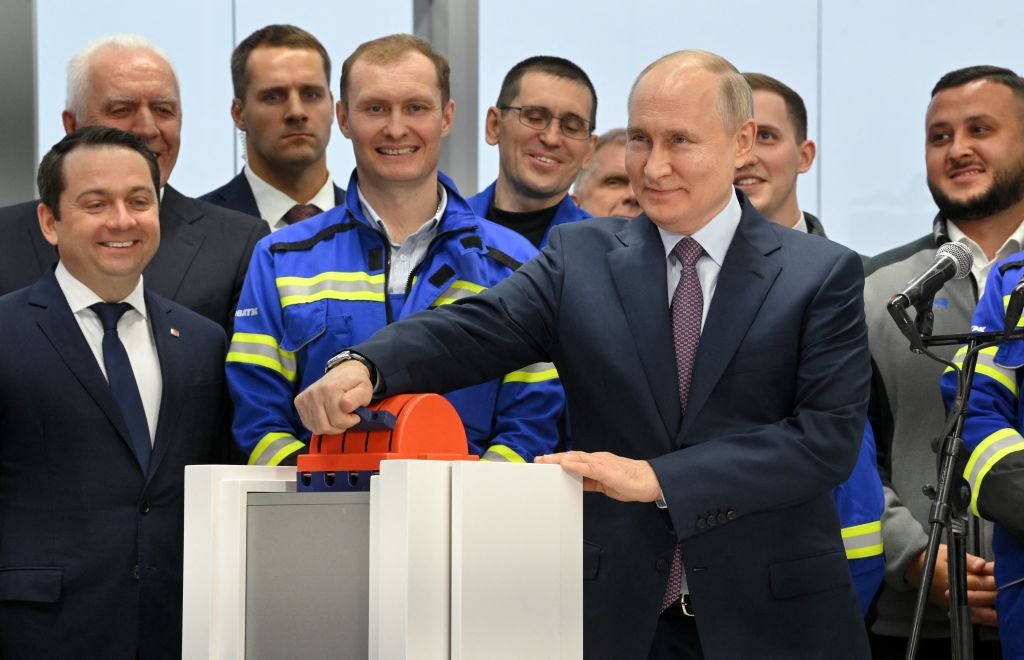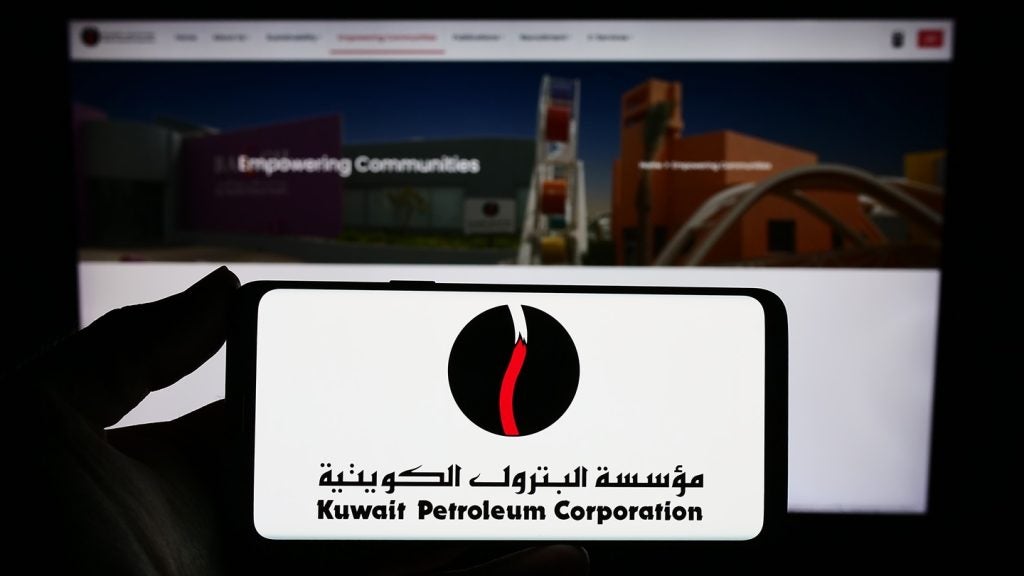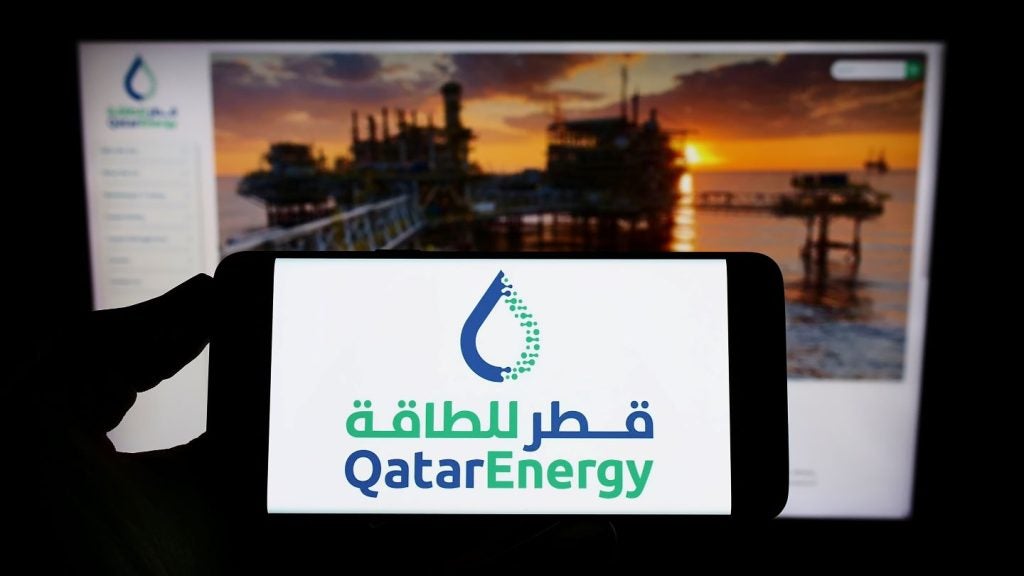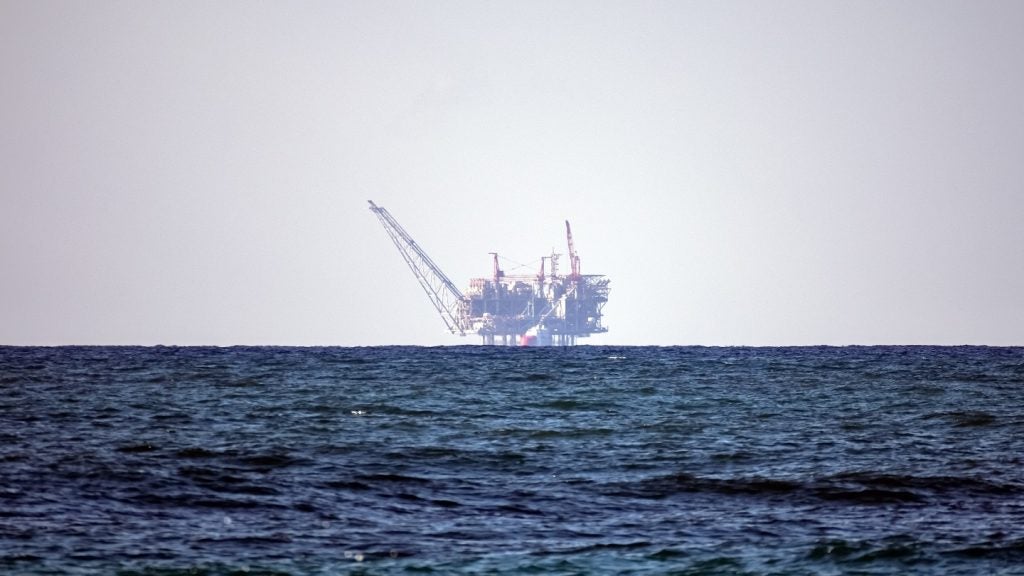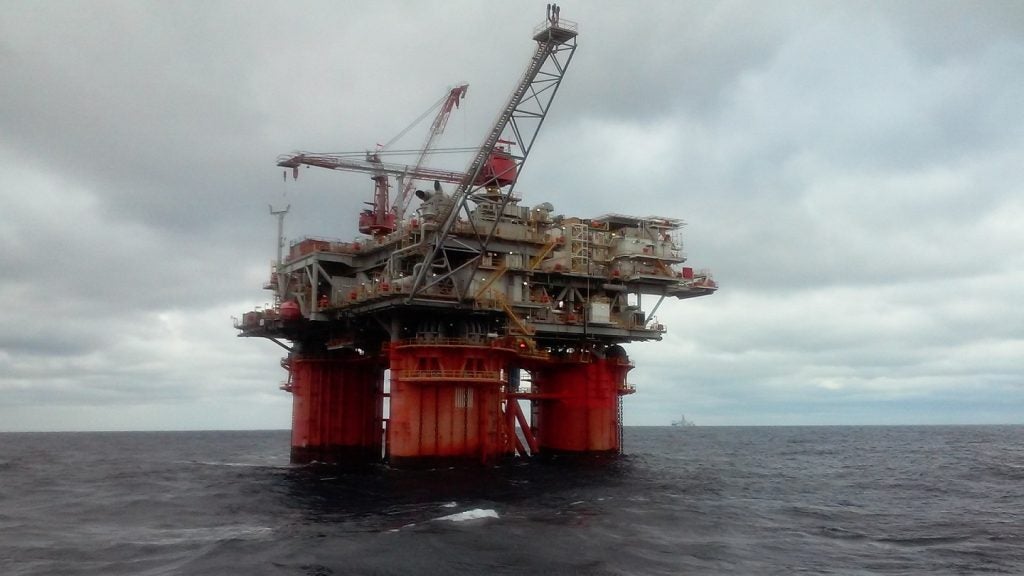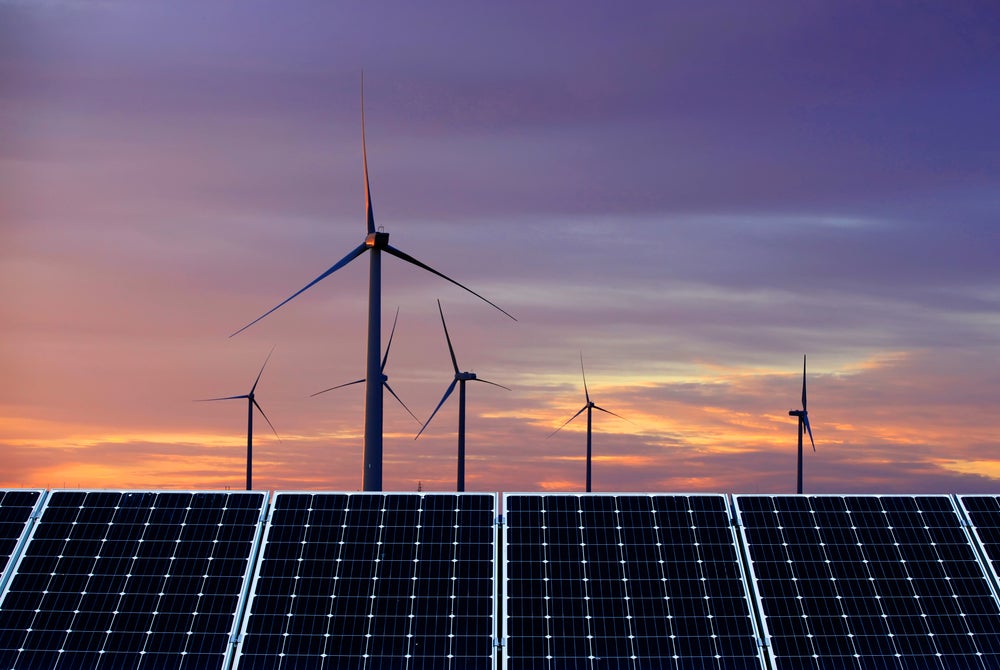Japan will work with the G7 and support the imposition of US sanctions placed on the Artic LNG 2 project in Russia last week. Yasutoshi Nishimura, Japan’s Minister of Economy, Trade and Industry, affirmed this position on Tuesday but said it will inevitably have an impact on business.
Japan’s Mitsui & Co. and JOGMEC and France’s TotalEnergies each hold 10% stakes in Arctic LNG 2. Russian gas producer Novatek owns 60%, while China’s CNPC and CNOOC own the remaining 10%. The project involves the construction of three LNG production trains with a capacity of 6.6 million tonnes per year each.
Last Thursday, the US placed sanctions on the Siberia-based project to further curb Russia’s funding of the war in Ukraine. The project was due to be launched next month, with Japan due to receive two million tonnes of LNG per year once the plant is fully operational in the second half of the 2020s. This amount would have formed 3% of Japan’s total LNG imports each year.
Japan is the world’s second-largest LNG buyer and has numerous global contracts that guarantee supply.
Nishimura told reporters: “We will work with the Group of Seven countries to make a comprehensive judgement and respond appropriately so as not to impair the stable energy supply to our nation. We recognise this is an important project for Japan’s stable energy supply in the LNG market, where supply and demand are expected to remain tight for the time being.”
Mitsui said the company would study the sanctions and “take appropriate measures” in cooperation with stakeholders and government.
Japan currently imports 95% of its oil and more than a tenth of its LNG from the Middle East. An anonymous source told Reuters that there are concerns in Tokyo about an escalation of the Israel-Hamas war and the effect this would have on energy security. The World Bank warned that a wider Middle East conflict could lead to $150-a-barrel oil prices in 2024.


